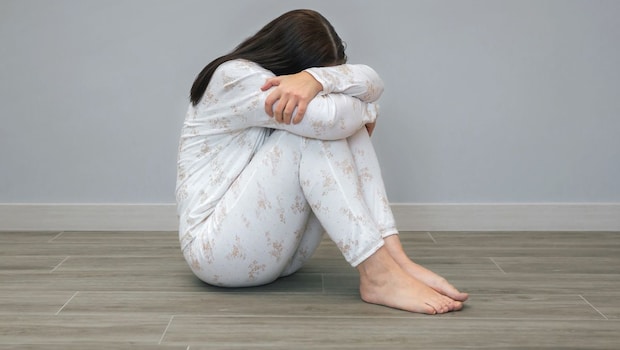Try These Simple Everyday Habits To Boost Mental Health

Even small efforts, when done daily, can rewire your brain toward positivity and better stress management. Here are some proven habits you can incorporate into your lifestyle.

Try These Simple Everyday Habits To Boost Mental Health
Mental health is as vital as physical health, yet often neglected in the hustle of modern life. From work stress to social pressures, our minds deal with a constant stream of stimuli. However, nurturing mental wellness doesn’t always require dramatic interventions or therapy alone. Simple daily habits, when consistently practised, can help strengthen emotional resilience, uplift mood, and reduce anxiety. The World Health Organisation (WHO) highlights that integrating healthy behaviours into your routine can significantly improve mental wellbeing. Whether it’s mindful breathing, getting sunlight, or limiting screen time, small lifestyle choices go a long way. Here are some easy-to-follow habits to boost your mental health.
Everyday actions that strengthen your mental health
Even small efforts, when done daily, can rewire your brain toward positivity and better stress management. Here are some proven habits you can incorporate into your lifestyle.
1. Start your day with mindfulness
Begin each morning with a few minutes of deep breathing, meditation, or simply sitting in silence. Mindfulness reduces cortisol levels (the stress hormone) and increases focus throughout the day.
2. Stay physically active
According to the Mayo Clinic, regular exercise releases endorphins, natural mood lifters. Even a 20-minute walk daily can help decrease symptoms of depression and anxiety.
3. Eat mood-boosting foods
A balanced diet rich in omega-3 fatty acids, whole grains, fruits, and vegetables helps stabilise mood. Fermented foods like yoghurt and kefir support gut health, which is closely linked to mental health via the gut-brain axis.
4. Prioritise sleep
The National Sleep Foundation states that adults need 7-9 hours of quality sleep to maintain mental equilibrium. Poor sleep can worsen anxiety, lead to irritability, and lower cognitive function.
5. Limit social media and screen time
Constant digital exposure can lead to comparison fatigue, reduced self-esteem, and disrupted sleep. Schedule “screen-free” hours each day to give your brain a break.
6. Stay socially connected
Talk to a friend or loved one, even a short call can help combat feelings of loneliness. Human connection is a powerful buffer against mental health struggles.
7. Keep a gratitude journal
Writing down three things you’re grateful for each day rewires your brain to focus on positives. This practice has been linked to increased happiness and emotional resilience.
8. Practise deep breathing during stress
When stress strikes, slow, deep breaths can activate your parasympathetic nervous system, lowering heart rate and calming your mind. Try the 4-7-8 technique or box breathing.
9. Declutter your space
A tidy environment promotes a sense of control and calm. The act of cleaning or organising also creates a sense of accomplishment, boosting dopamine levels.
10. Engage in a hobby
Whether it’s painting, cooking, dancing, or gardening, doing something purely for enjoyment relaxes the mind and improves self-esteem.
11. Seek professional help when needed
If persistent sadness, anxiety, or mood swings interfere with daily life, consult a mental health professional. There is no shame in asking for help, it’s a step toward healing.
Mental wellness doesn’t require a major life overhaul, it starts with intention and consistent action. As the WHO emphasises, mental health is fundamental to overall health. By practising these simple habits daily, you not only safeguard your emotional well-being but also improve your quality of life. Start small, stay consistent, and prioritise your mind as much as your body.
Disclaimer: This content including advice provides generic information only. It is in no way a substitute for a qualified medical opinion. Always consult a specialist or your own doctor for more information. NDTV does not claim responsibility for this information.






